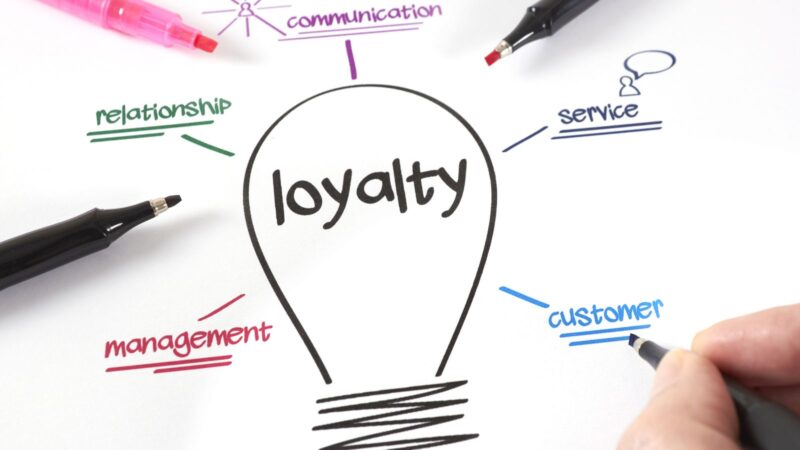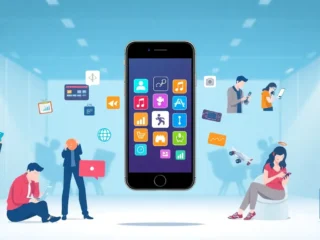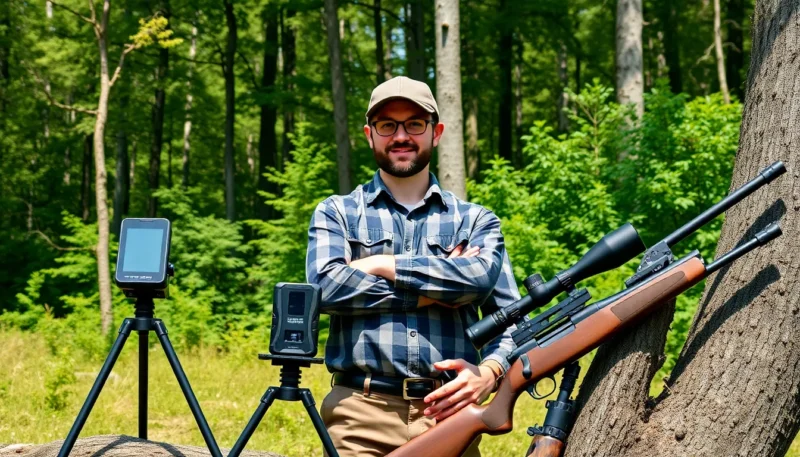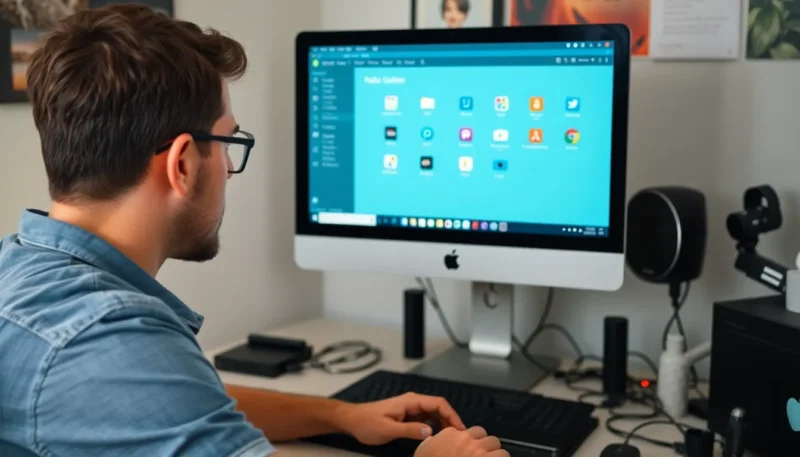
First impressions matter in business. The way a company chooses to welcome new clients, nurture existing ones, or appreciate employees can define the quality of the relationship. Corporate gifting plays a pivotal role in shaping these impressions. A carefully chosen present—such as brandable corporate gifts—goes beyond being a simple token. It communicates values, respect, and genuine care, setting the stage for loyalty that lasts long after the gift is unwrapped.
Corporate Gifting as a Business Strategy
Corporate gifts are no longer just seasonal gestures. They are now an integral part of customer relationship management and employee engagement strategies. According to Forbes, gifting fosters emotional well-being, strengthens goodwill, and lays the groundwork for long-term partnerships. Companies that integrate gifting into their culture and client management programs tend to enjoy higher levels of loyalty, engagement, and satisfaction.
Making the Right First Impression
The first stage of any business relationship establishes the foundation for the future. Similarly, sending a gift after signing a contract or opening a new project demonstrates that you appreciate the relationship from the start. Gifts that are branded, personalized or suited to client interests have a lasting effect on relationships and promote trust.
Gifting as a Loyalty Builder
Loyalty is not something that is created at once; it is based on the continued actions of recognition. Corporate gifts can be used as reminders and reinforcers that clients and employees are more than numbers. It is loyal, consistent gift giving that shows consistency in how you value your partners at each point along the journey.

The Emotional ROI of Corporate Gifts
Beyond financial returns, gifts carry emotional weight. Thoughtful gifting strengthens trust and makes recipients more likely to stay loyal. A Harvard Business Review study underscores the importance of personalization in creating meaningful client interactions. A personalized gift tells the recipient: “We know you, and we appreciate you.” This level of recognition builds loyalty far more effectively than generic gestures.
Strategies for Effective Corporate Gifting
Aligning Gifts with Company Values
Gifts should align with the brand’s values and identity. If sustainability is a value, eco-friendly items will reinforce your message. If being innovative is key to your culture, gifts that offer new technology will feel consistent.
Personalization as a Differentiator
Personalization transforms an ordinary gift into a memorable one. Adding the recipient’s name, referencing a milestone, or tailoring the gift to personal preferences creates deeper connections.
Timing and Relevance
Strategic timing increases the impact of gifting. Celebrating anniversaries, acknowledging cultural holidays, or sending gifts after major milestones ensures that each gift feels intentional and relevant.
Balancing Professionalism and Warmth
Striking the right balance is essential. Gifts should be professional enough to reflect brand reputation but warm enough to feel personal and genuine.
Examples of First-to-Loyalty Gifts That Work
- Welcome Packages: When onboarding new clients or employees, curated welcome boxes leave a strong first impression.
- Milestone Gifts: Celebrating anniversaries or project completions with personalized gifts reinforces ongoing loyalty.
- Holiday Baskets: Seasonal gifts remain timeless and widely appreciated.
- Wellness Gifts: Care packages supporting health and well-being reflect genuine care for recipients.
- Eco-Friendly Options: Sustainable gifts align with modern values and show corporate responsibility.
Measuring the Impact of Corporate Gifting
While it can be challenging to measure emotional connections, there are clear indicators of gifting success:
- Increased client retention rates
- Positive feedback and thank-you notes
- Higher engagement in meetings and collaborations
- Growth in referrals and new opportunities
Modern gifting platforms also provide analytics to help companies track redemption rates, feedback, and overall campaign ROI, ensuring every gift delivers measurable value.
Case Study: Turning Impressions into Loyalty
A software company started sending personalized welcome kits every time they signed up a new client. The kits had branded stationery, snacks, and a handwritten note. Over the year, the percentage of clients retained increased by 20 percent, and every survey answer mentioned how appreciated the customers felt on day one. The cost of the first gift was minuscule compared to the relationship fax that was long term.
Best Practices for Long-Term Gifting Success
- Plan gifting as part of a larger relationship strategy, not an afterthought.
- Use gifting to reinforce company culture and brand story.
- Personalize wherever possible to maximize impact.
- Track feedback and adapt gifting strategies based on what resonates most.
Conclusion: From Gesture to Growth
Corporate gifts can help foster business relationships from the very first interaction, as well as promote loyalty over the long-term. When gifts are thoughtfully selected, well-timed and aligned with the company, they can become valuable tools for helping businesses create trust, establish emotional equity, and differentiate their brand. In a business environment where real connections are worth their weight in gold, every gift is an opportunity to say, “We appreciate you and we want this relationship to endure.”












